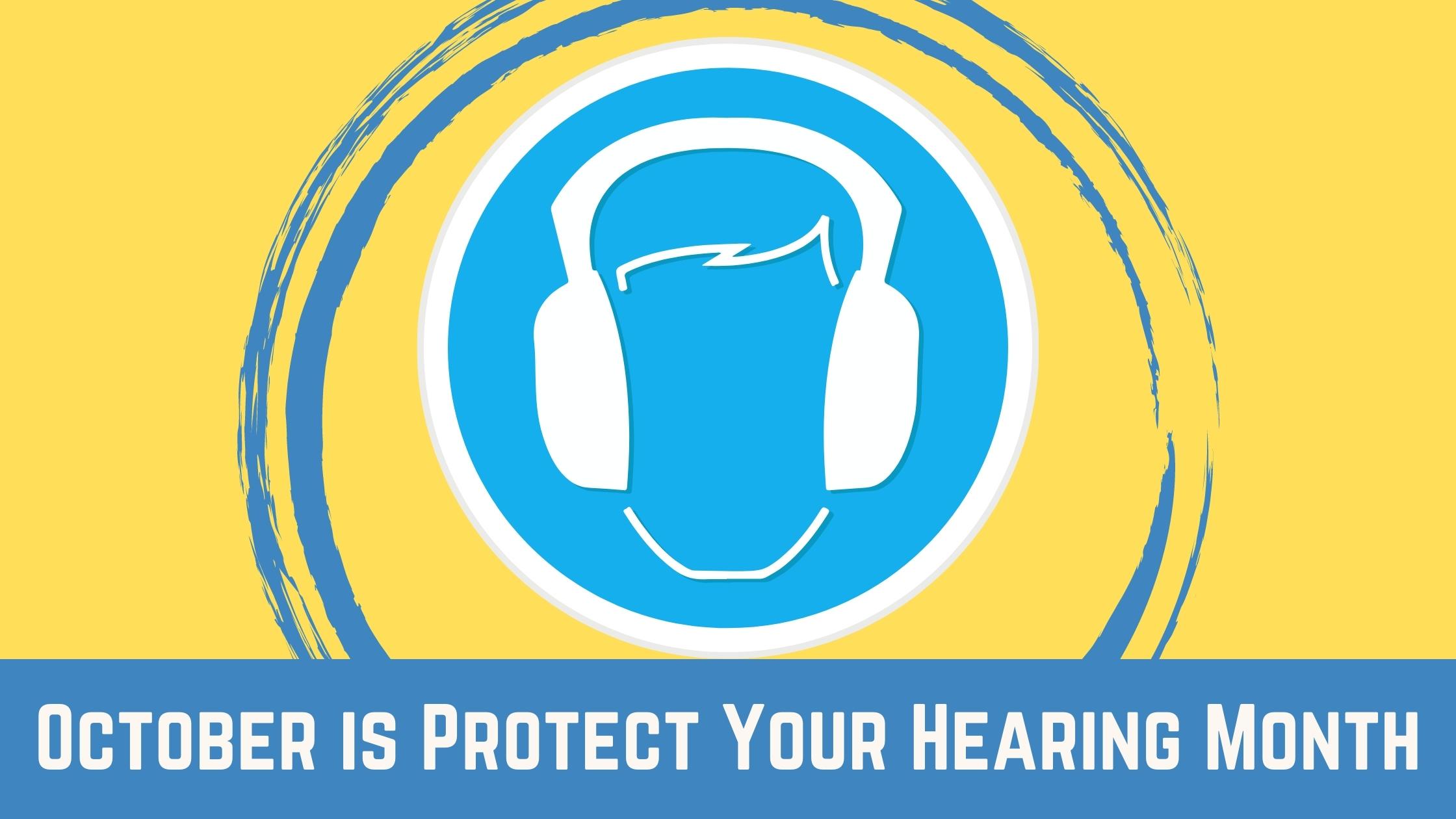Hearing loss is the third most common health concern in the United States, yet it’s frequently ignored. Hearing loss that goes untreated might impact your ability to understand and discriminate speech, and hearing loss might also have an impact on your social and recreational activities. This month is Protect Your Hearing Month, where we explore ways to keep you enjoying life and staying connected to your loved ones.
One of the most common and preventable causes of hearing loss is noise. Let’s learn more about Noise-induced hearing loss in this article.
Noise-induced hearing loss
Approximately one-third of the 36 million Americans who have hearing loss developed their hearing loss due to noise exposure. Hair cells in the inner ear, which turn sound into electrical signals that flow to the brain, can be damaged by loud noise sources. Hair cells that have been damaged cannot regenerate, resulting in irreversible hearing loss.
How do you tell when a noise or sound is deafening and poses a risk to your hearing? According to most specialists, hearing loss can be caused by sustained exposure to any noise or sound that exceeds 85 dB. Decibels are also abbreviated as dB, and they are the units that we use to quantify the volume of a sound.
There are two things to keep in mind:
1. The longer you’re exposed to loud noise, the more likely you will lose your hearing.
2. The closer you are to the source of loud noise, the more likely it is that your hearing systems will be damaged.
The magic number is 85 decibels. You risk damaging your hearing when exposed to sounds louder than 85 decibels for longer than the maximum advised exposure duration. Smartphones with headphones/earbuds, lawnmowers, and snowblowers all register at 100 decibels.
Young people and hearing loss
While hearing loss is commonly associated with the elderly, it should be on the minds of young people as well. According to an NBC investigation, hearing loss among today’s youth has increased by 30% between the 1980s and 1990s.
What’s Causing the Increase in Young People’s Hearing Loss?
Earbuds: Because earbuds are a relatively new technology, young people have embraced them. These small speakers fit within the ear canal and broadcast sound directly into the ear canal while shutting out external noise. It’s risky to shorten the distance between sound and the eardrum. Even if the volume knob remains the same, switching from a regular speaker to earbuds can increase noise by 9 dB. Damage can occur in as little as 8 minutes of listening to loud music using headphones. Earbuds may emit as much sound as a rock concert at full blast.
Alcohol: Although hearing loss is rarely linked to alcohol intake, introducing alcohol to young individuals can lower inhibitions for dangerous actions. Consider a concertgoer who has consumed alcohol. As they drink more, they walk closer to the stage’s speakers, perhaps causing hearing loss. Furthermore, alcohol disables the acoustic reflex, which protects the middle ear. Young individuals should worry about the current and future impacts of drinking on their hearing.
Keeping your hearing healthy
Do you have to shout to be heard when there’s a lot of noise? Do you find it difficult to hear someone who is only 3 feet away from you? Do your ears ring, or do you have trouble hearing for several hours after you’ve been exposed to the noise? If you responded yes to any of these questions, you have most likely been subjected to harmful noise to your ears. The only hearing loss we can prevent is noise-induced. Here are a few steps to prevent more hearing loss:
- Reduce the volume. Always keep your volume low. Sound levels of 70 dBA or less are generally considered safe.
- Get away from the noise. As you travel further away from the source, the sounds become quieter.
- Use earplugs or earmuffs as hearing protection.
We encourage you to take the best care of your hearing requirements during National Protect Your Hearing Month. Why not make an appointment with us at Innovative Audiology and discuss any questions or concerns you may have?

